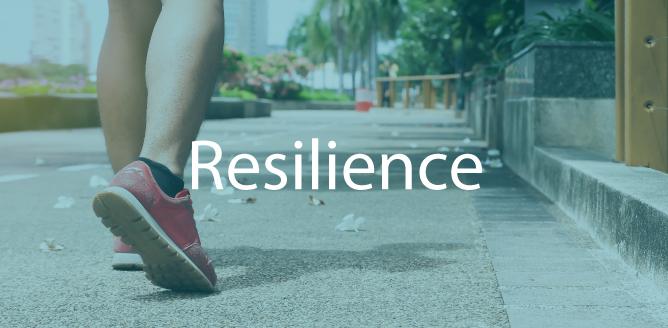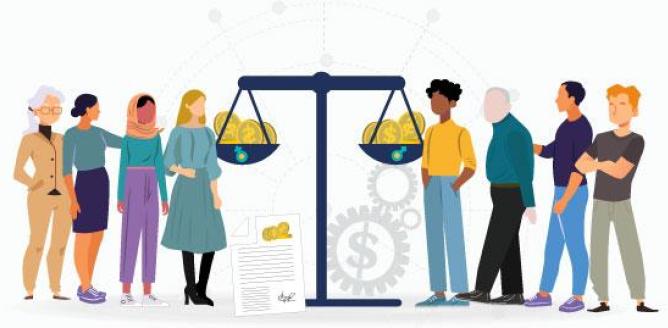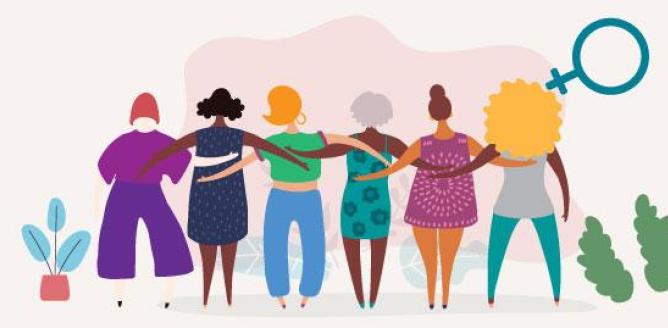“You are not born with a fixed amount of resilience. Like a muscle, you can build it up, draw on it when you need it.” — Sheryl Sandberg, COO of Facebook.
Resilience is an increasingly important and valuable life skill. Teachers talk about it at school. Educators write about it in parenting books. Life coaches hold seminars about it. Resilience is widely recognised as a useful self-empowerment tool, and a key leadership quality.
But what is resilience?
Resilience is often defined as “standing our ground and the ability to recover from setbacks; being able to push back and move forward in the face of adversity”, but we believe it is more than just dogged perseverance. We see resilience as rooted in our own personal values, how we see meaning in life whatever the reality of a situation, having purpose and an ability to accept and adapt to challenges and opportunities. Facing failure is a key test of our resilience.
Failing well is a skill, according to educator and writer Rachel Simmons. But unfortunately, girls tend to be more worried about doing something wrong than boys. “When girls make mistakes, they’re more likely to interpret the setback as a sign they lack ability – a factor much harder for girls to change,” Simmons observes. “Boys, on the other hand, tend to attribute failure to more controllable circumstances.”
Resilience involves accepting setbacks and failure should be seen as part of the journey. Jessica Lahey, author of the book “The Gift of Failure”, believes experiencing failure is an essential life lesson. When talking about developing resilience in children, Lahey writes: “Setbacks, mistakes and failures are the very experiences that will teach them how to be resourceful, persistent, innovative and resilient”.
As such, we believe resilience training is at the heart of empowering women and girls. All of our programmes incorporate resilience training: from our leadership resilience training on our Mentoring Programme for Women Leaders, to the implicit lessons that our Girls Go Tech Programme participants learn as they try and try again to build tech products. In our Financial Literacy and Employability Training Programme for Marginalised Women, we have witnessed the impact of positive mind-set training in enabling women to overcome the struggles they face. Similarly, the student participants of our T.E.E.N. and Life Skills Programmes, (who are growing up in under-resourced but highly competitive environments), are empowered through positive psychology training. Reports from our T.E.E.N. and Life Skills Programmes, highlight the resilience skills that our youth participants have developed over the years.
What is an emerging core aspect of resilience, is reaching out to other people. An effective, resilient leader acknowledges the need to ask for help. Having a network of supportive mentors, friends, family and colleagues, positively impacts our journey to being resilient.
Resilience is a useful skill for everyone, not just for those in leadership positions. It empowers women and girls to face life challenges, setbacks and adversity and helps us decide how we should allocate and invest our time. The seeds of resilience start small, and over time, grow bigger and stronger. This growth is aided by support and encouragement from others, so let’s embrace our mistakes and failures for what they are: opportunities to reroute, refine and reimagine our strengths.
As usual we would love to hear from you. Get in touch at Fiona.Nott@twfhk.org.





















